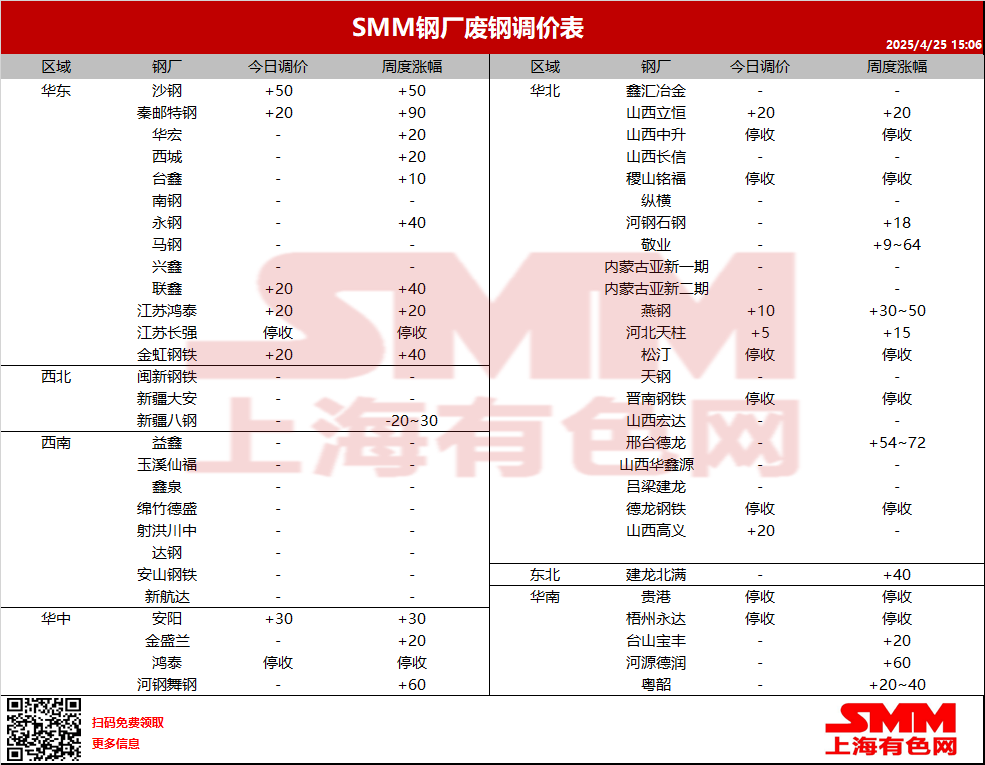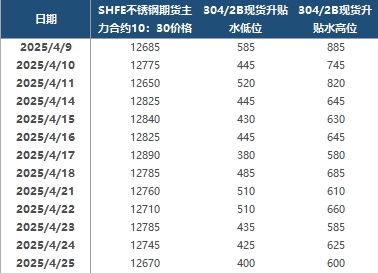Retail investors and (HNIs) turned net bearish on index futures on Friday for the first time in over six months, just days after Pakistan-backed terrorists killed 26 Indians and a foreign national in . Yet, market participants say the move doesn’t signal a broader sell-off—at least not yet. These investors—who’ve played a key role in cushioning foreign portfolio investor (FPI) outflows over the past year—held cumulative net short positions of 20,871 contracts across Nifty and Nifty Bank futures.
The last time they were net short was on 3 October, during a sharp global correction triggered by surging US bond yields and a rising dollar. The shift follows a rapid 11.5% rebound in the Nifty from a 10-month low earlier this month.

The timing—coming so close to a major escalation in Kashmir—has raised questions over whether this marks routine caution after a rally, or early signs of geopolitical jitters. Veteran investors, however, are discounting the latter for now. "There could be a knee-jerk reaction to any reprisal by India, which I think is possible given the dastardly attack, but so far there seems to be no discernible signs of panic," said well known investor .
Kedia believes the markets bottomed out earlier this month amid global uncertainty and are now likely to consolidate following the sharp rally. Sentiment watch Indeed, the benchmark Nifty 50 plunged 17% from a record high of 26,277.35 on 26 September last year to a 10-month low of 21,743.
65 on 7 April, before staging a sharp rebound of 11.5% in just 10 sessions to close at 24,246.70 on Thursday.
"We have seen in the past that retail/HNI investors begin to turn short when markets rally sharply, only to turn buyers when a correction gets under way," said Rohit Srivastava, founder of IndiaCharts. Veteran wealth manager Nilesh Shah, managing director, Kotak Mahindra Asset Management Company, also believes that markets haven't yet "reflected any signs of worry" after the Pahalgam attack, despite the shorting by retail investors and HNIs. A seasoned fund manager, speaking on condition of anonymity, said he wasn’t certain of a "souring in sentiment" immediately after the Kashmir attack, but cautioned that any "rise in geopolitical tensions" following the recent sharp rally would likely be seen as a "negative" by the markets.
Retail investors and HNIs held record net short positions in index futures—98,623 contracts—on 4 July last year, a month after markets surged 11% from 21,884.50 on election results day (4 June 2024) to 24,302, according to IndiaCharts. As of Thursday, FPIs and proprietary traders were net short on index futures, holding 24,840 and 22,101 contracts, respectively.
In contrast, domestic institutional investors (DIIs) remained net long with 67,812 contracts. Index futures are commonly used by investors to hedge against potential market volatility or to take speculative positions based on expected uncertainty. Between October and 24 April, FPIs sold 2.
97 trillion worth of equities in the cash market, while DIIs offset those outflows by purchasing 3.93 trillion worth of stocks, as per NSDL and BSE data..
Business

Market shift: Retail investors & HNIs turn bearish on index futures following Pahalgam attack

Retail investors and HNIs turn bearish on Nifty and Bank Nifty index futures after the Pahalgam attack, marking their first shift in over six months, though experts discount signs of panic.














